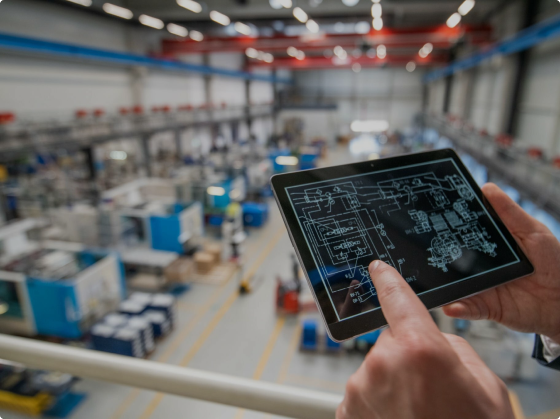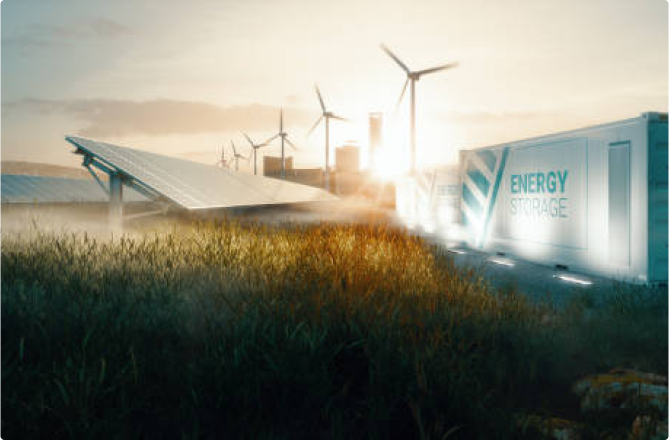What are the key factors in successful power plants?
The success of a power plant hinges on several key factors. Efficient fuel utilization and minimal energy loss are paramount. Reliable and robust infrastructure, including turbines, generators, and transmission lines, is crucial. A skilled workforce is essential for optimal operation and maintenance. Environmental sustainability is a growing concern, necessitating clean energy sources and emission reduction strategies. Additionally, economic viability, including cost-effective fuel procurement and efficient energy generation, is vital for long-term success. By prioritizing these factors, power plants can ensure a reliable and sustainable supply of electricity.


Power plant Challenges and Solutions
Power plants face numerous challenges, including environmental concerns, fuel scarcity, and operational inefficiencies. To address these issues, power plants are adopting various solutions. They are transitioning to cleaner and more sustainable energy sources like solar, wind, and hydro power. Additionally, they are implementing advanced technologies to improve efficiency and reduce emissions. By optimizing operations, investing in research and development, and collaborating with stakeholders, power plants aim to meet the growing energy demand while minimizing their environmental impact.
How can Power plants adapt to Industry 4.0?
Power plants can significantly benefit from Industry 4.0 technologies. By integrating IoT sensors, advanced analytics, and AI, power plants can optimize operations, improve efficiency, and enhance reliability. Predictive maintenance powered by AI can identify potential equipment failures before they occur, reducing downtime and maintenance costs. Real-time monitoring of critical parameters enables proactive responses to anomalies, ensuring optimal plant performance. Additionally, Industry 4.0 technologies can facilitate the integration of renewable energy sources, enabling a more sustainable and resilient energy grid.




